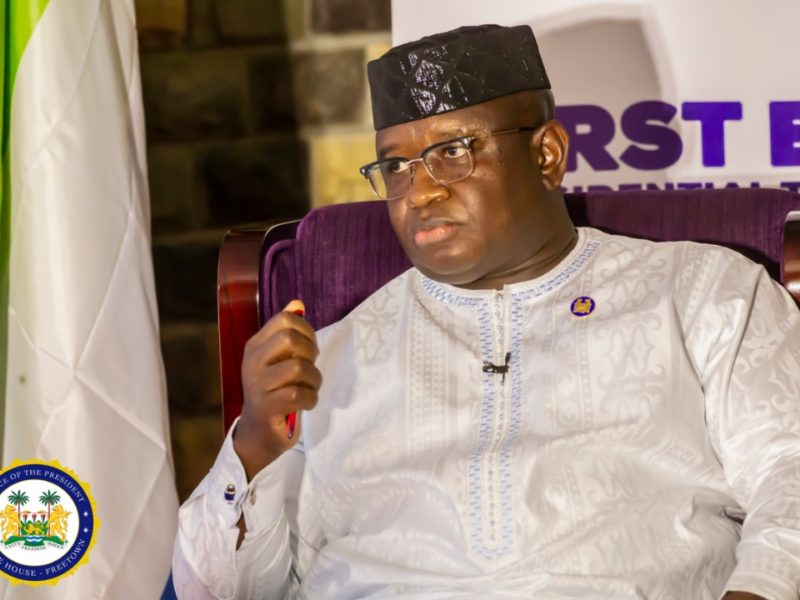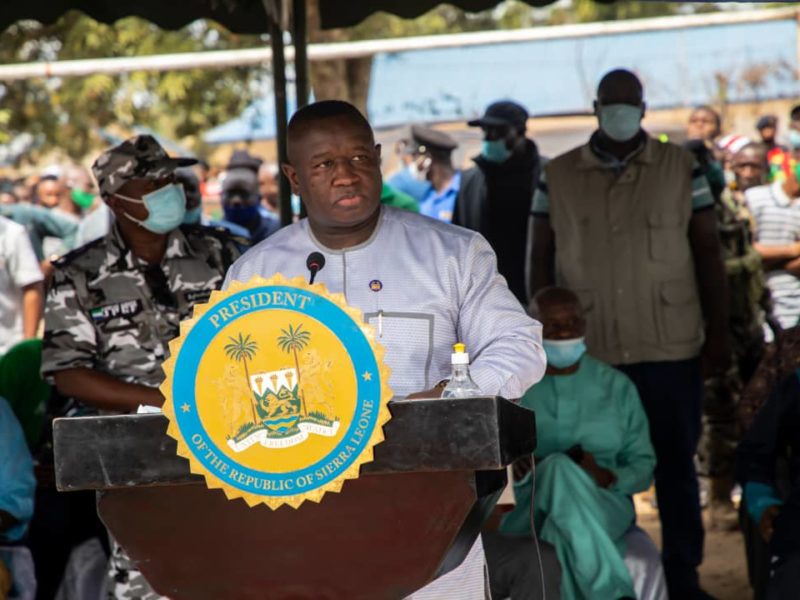Urban rural development bias
Development has been best enjoyed when it is evenly distributed to all. Over the years to date, Sierra Leone as a nation has suffered an uneven and biased form of development. This urban-rural dichotomy in which the country has been designed has presented a blurred developmental assessment progress to the outside world.
Development when evenly carried out will impact positively on the lives of the people and the community in which they are found. Sierra Leone since independence in 1961 to now has been highly plagued and characterized by this urban-rural dichotomy syndrome. Signs are ubiquitous in the capital, Freetown that manifests the rural-urban development bias.
Basic infrastructures that serve as indicators of development are much concentrated in the city which has given prominence to rural-urban development bias. Indicators that qualify a place to be assessed as being developed are absent in rural areas which has also given scope to the United Nation Development Programme (UNDP) the yardstick to rate Sierra Leone as one of the least underdeveloped nations in the world.
However, in the midst of this perplexity to discern what has been some of the major causes of this biasness in the country, many Sierra Leoneans have given tangible opinions that stem from basic infrastructures like housing, electricity, good roads, pipe-borne water and recreational facilities.
Obviously, from the keen look of things, the opinions of this class of Sierra Leoneans are among the few problems envisaged in the developmental disparity in Sierra Leone, and key among them is the high concentration of Government ministries in the City leaving the vast majority of the rural areas almost deserted with low unemployment facility. It is no fairy-tale to say that an enormous number of the rural inhabitants are immersed in subsistence farming that has low yield to feed the rural poor. From such instance, one is curious to know what has been the role of the Ministry of Agriculture in making sure that food security is enhanced for all.
It is ironic to learn in Sierra Leone that agricultural practices are only done on bureaucratic principle and on white papers that have no positive change on the targeted population. Cataloging the already compounded development bias, the enhancement of standard quality education is a challenge and a privilege to acquire for the large majority of the rural poor. Certainly, in Sierra Leone, the culture has remained that quality education can only be accessed in Freetown where educational institutions of higher credibility are situated.
Climbing down the ladder of some of the causes of rural-urban dichotomy in Sierra Leone, one can not lose sight of the complete absence of basic social amenities in the provinces. Since the colonial day’s legacy of roads, electricity, water supply, and schools; Governments of this country both past and present have done nothing to improve on these legacies left. All what they have been busy doing was making lofty promises to consolidate themselves in power unabated.Â
Suggestions have been emanating from the general public that had there been a proper decentralization process, the big gap that exists in the rural-urban development bias would have been minimized. It is sad to imagine Sierra Leone in the 21st Century to be still grappling with basic social infrastructures and virtual food insecurity. Nevertheless, taking the venture to tour rural Sierra Leone, one would be greeted with the undulating pitfalls and potholes road filled with stagnated water. The whole scenario in the rural areas is a complete eye-sore.
Electricity and water supplies have seized to function since colonial era. Efforts to fix them have been met by political sentiments and regionalism. Such stereotypic thoughts on the minds of political leaders have led to the constant underdevelopment of the country as a whole. Whilst thinking about solutions to bridge this gap of rural-urban development bias, one suitable suggestion is for all Sierra Leoneans, especially stakeholders to re-orientate their development strategies and de-concentrate the city in order to develop the rural areas. Â
Stay with Sierra Express Media, for your trusted place in news!
© 2010, https:. All rights reserved.






